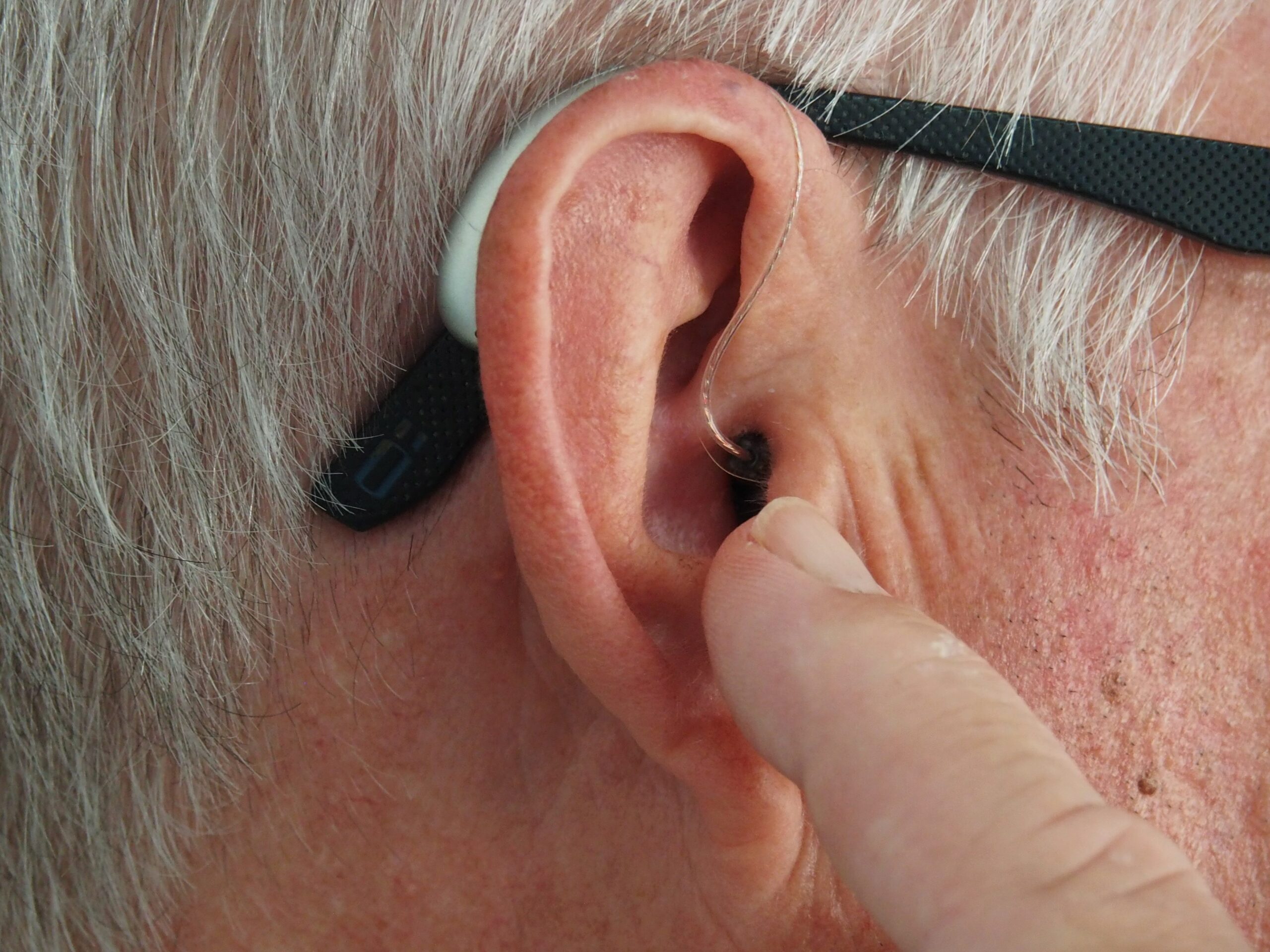Does Untreated Hearing Loss Cause Dementia?

Now that Audiology Awareness Month is here, it’s the right time to be thinking about your hearing health, especially if you’re feeling your age. New research has shed light on a surprising and alarming connection between untreated hearing loss and the risk of developing dementia. But, hearing aids can play a pivotal role in reducing the risk of dementia.
Connecting Your Ears And Your Mind
We all know many older adults go without treating their hearing loss. It can often be brushed off as an inevitable part of aging, underestimated as to its impact. But new audiological research connects hearing loss and dementia. Studies have shown that older individuals with more severe hearing impairment face a significantly higher risk of developing dementia compared to their peers with normal hearing. This begs the question: are the two health issues linked?
What Links Hearing Health and Dementia?
Research conducted by various institutions, including Johns Hopkins University, reveal compelling evidence of a connection between hearing loss and cognitive decline. The exact mechanisms behind this correlation are still being explored, but several theories have emerged.
Cognitive Load
Hearing loss forces the brain to work harder to understand spoken language, which can increase cognitive load. This extra effort can divert mental resources away from other essential cognitive functions, potentially contributing to dementia.
Social Isolation
Untreated hearing loss often leads to social isolation as people withdraw from social activities due to communication difficulties. Social engagement is crucial for maintaining cognitive health, and isolation can be a significant risk factor for dementia.
Brain Atrophy
Some studies suggest that hearing loss may lead to changes in the brain's structure, such as atrophy in areas related to memory and cognitive function.
Taking Action Early
The good news is that addressing hearing loss can reduce your risk of dementia. If you begin using a hearing aid, research shows you’ll experience a lower rate of cognitive decline compared to those who do not. Here's how hearing aids can make a difference:
Improved Communication
Hearing aids enhance your ability to communicate effectively, reducing the cognitive load associated with untreated hearing loss.
Social Engagement
By improving communication, hearing aids help you stay socially active, preventing the negative effects of isolation on cognitive health.
Brain Stimulation
Hearing aids keep the auditory pathways active, providing continuous stimulation to the brain, which may help maintain cognitive function.
Financial Incentives
Many people don't realize that they can use their Health Savings Account (HSA) or Flexible Spending Account (FSA) funds for hearing-related expenses, including hearing aids. Not only will you feel better, but your wallet will thank you too!
Hearing aids, consultations at Hearing Health Solutions, and diagnostic tests are typically eligible expenses under savings accounts. If you or your loved ones are experiencing untreated hearing loss, don't miss out on this opportunity to invest in better hearing health and potentially reduce the risk of dementia.
Protect Your Hearing Health
The research findings are clear: older individuals with more severe hearing impairment face a serious risk of developing dementia. But, there is hope.
As Audiology Awareness Month is celebrated this October, take action on your hearing health for better mental health. Consider getting a hearing screening with our team to assess your hearing health and explore the benefits of hearing aids. Your future self will thank you for it.
